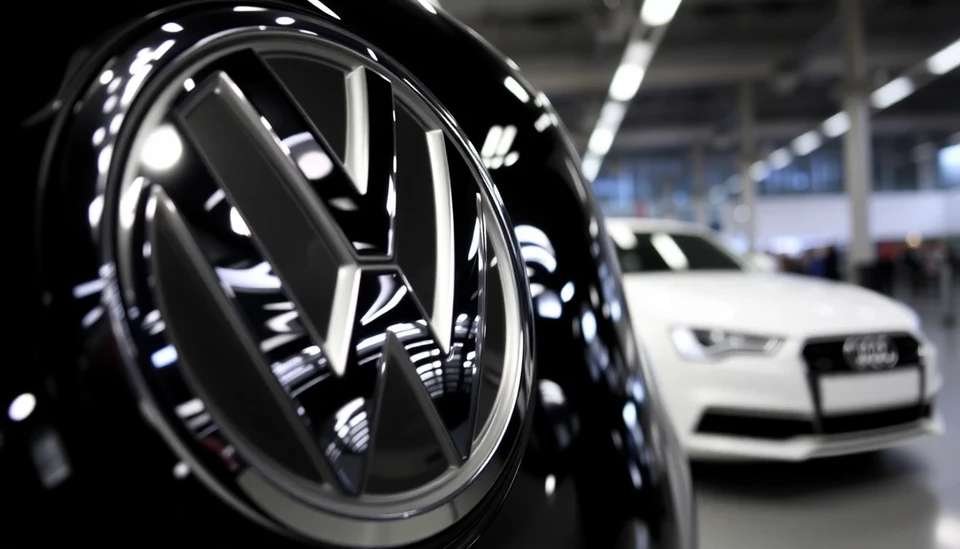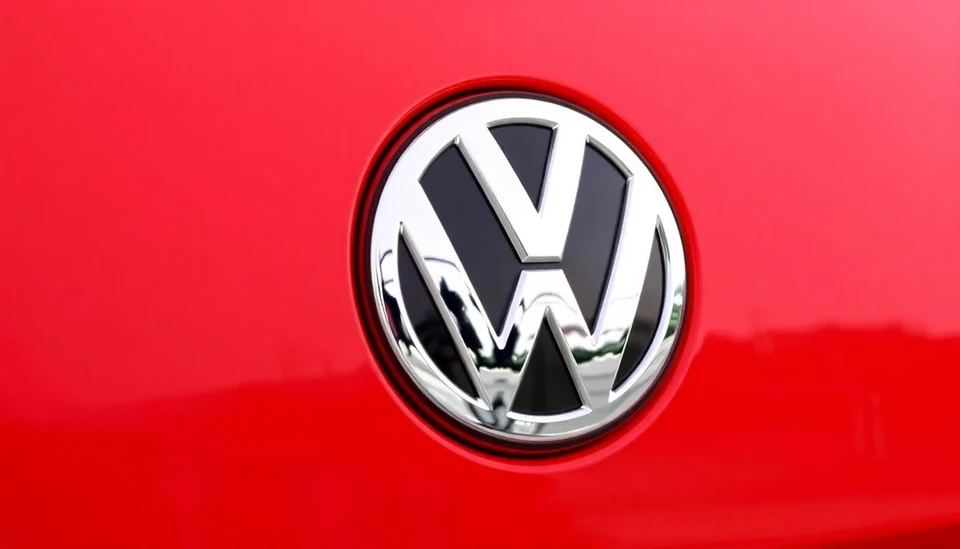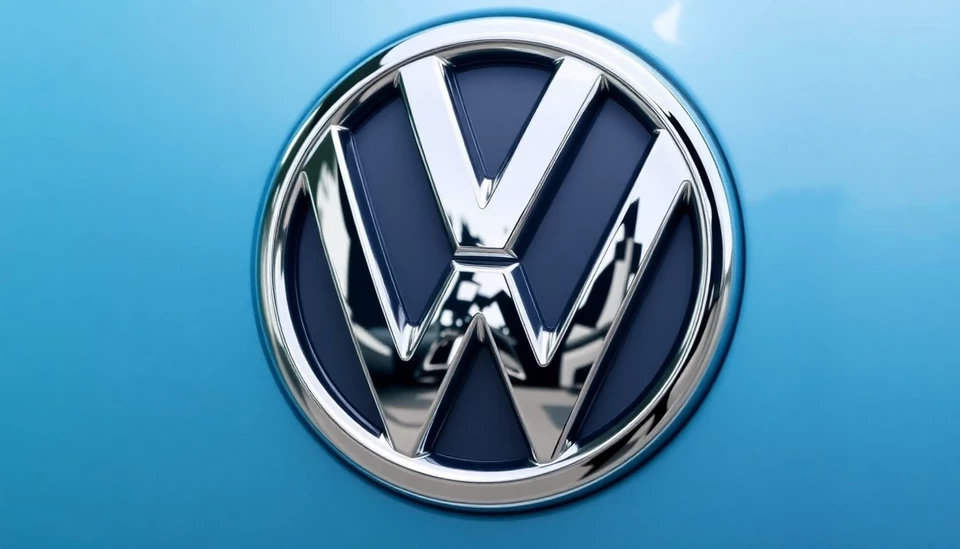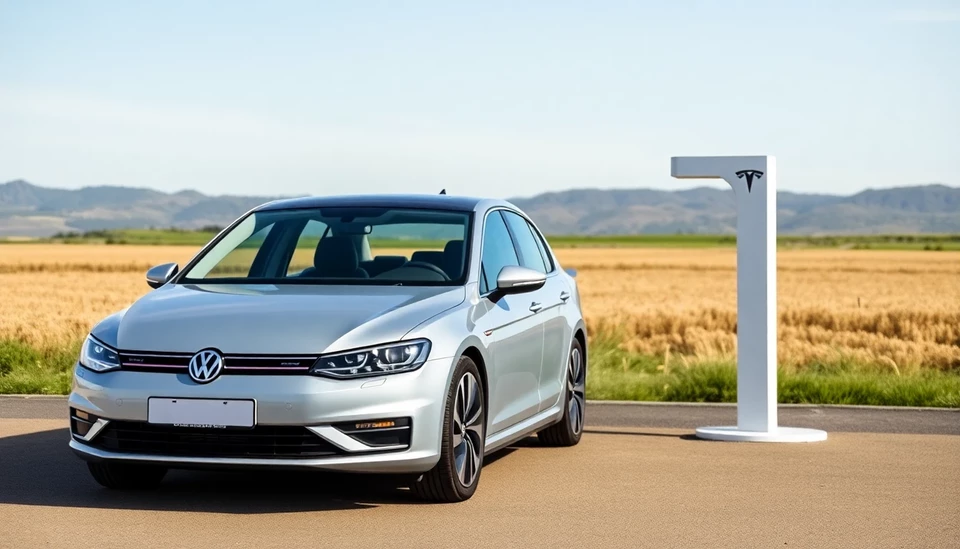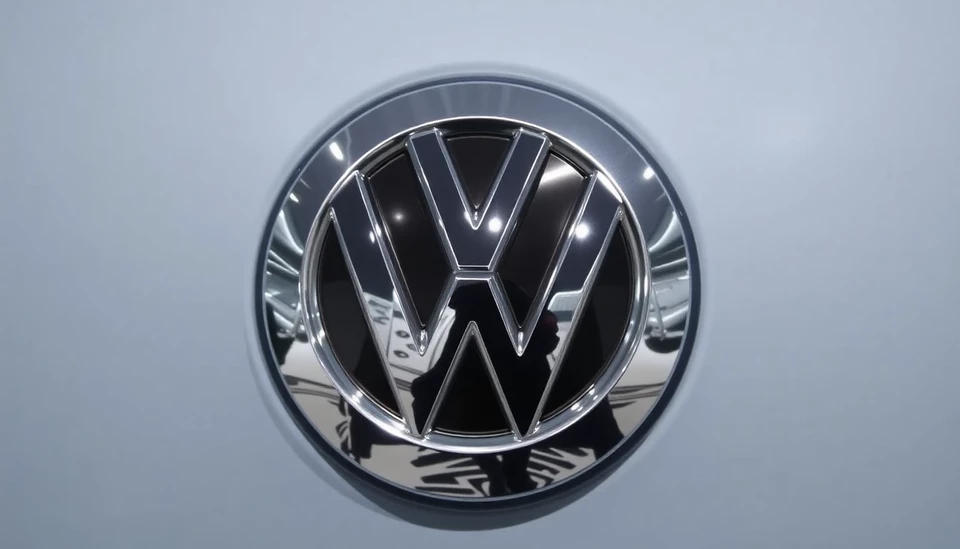
In a significant turn of events, Volkswagen, one of the world's leading automotive manufacturers, is undergoing a substantial reduction in its workforce. The decision comes as part of a strategic move to streamline operations and enhance efficiency amid fierce competition in the global automotive industry. Despite these job cuts, Volkswagen's workforce continues to remain substantially larger than that of its key competitors.
The company's management announced that thousands of jobs will be eliminated over the coming months, a decision that has been met with mixed reactions from stakeholders. While the organization aims to reduce costs and adapt to changing market conditions, the impact on employee morale and local economies cannot be overlooked. The job cuts predominantly affect areas that are deemed less critical to Volkswagen’s future direction, particularly those associated with traditional combustion engine production.
Volkswagen's recent focus has shifted towards electric vehicles (EVs) and sustainable practices, a move that reflects broader trends in the automotive sector. As consumers increasingly favor eco-friendly transportation options, Volkswagen is redirecting its investments toward the development and production of electric models. This transition has put pressure on the company to realign its workforce to better suit its future goals, which involve a higher emphasis on technology and innovation.
As Volkswagen implements these job cuts, it still finds itself with a workforce size that far exceeds that of rival automotive firms. This disparity raises questions about operational efficiency and the company's ability to compete effectively in a rapidly evolving industry landscape. Analysts suggest that while downsizing could lead to immediate cost savings, the challenge will be to maintain productivity and innovation with a leaner team.
Corporate leaders at Volkswagen have expressed their commitment to supporting employees affected by the layoffs. They are laying out plans for severance packages and career counseling services to assist those who will be transitioning out of the company. Additionally, there is an ongoing focus on retraining programs, aiming to equip existing employees with the necessary skills to take on new roles within the company's pivot to electric and digital mobility.
As the automotive industry continues to evolve, Volkswagen's bold decision illustrates a broader trend where traditional manufacturers are forced to rethink their workforce structures in order to survive and thrive. With competition intensifying from both established carmakers and agile startups, the stakes have never been higher for giants like Volkswagen. Their ability to adapt to the new landscape will be crucial for sustaining market relevance and driving forward in the era of electric mobility.
Industry experts are closely watching Volkswagen’s next moves. The company's success or failure in managing this transition period may set a precedent for how other manufacturers approach workforce management in the face of technological advancements and shifting consumer preferences.
As Volkswagen navigates this critical juncture, the outcome of their strategy will not only impact their operational framework but also serve as a barometer for the broader health of the automotive industry as it journeys into an electrified future.
#Volkswagen #JobCuts #ElectricVehicles #AutomotiveIndustry #WorkforceChanges #CorporateStrategy #Sustainability #Innovation
Author: Samuel Brooks
